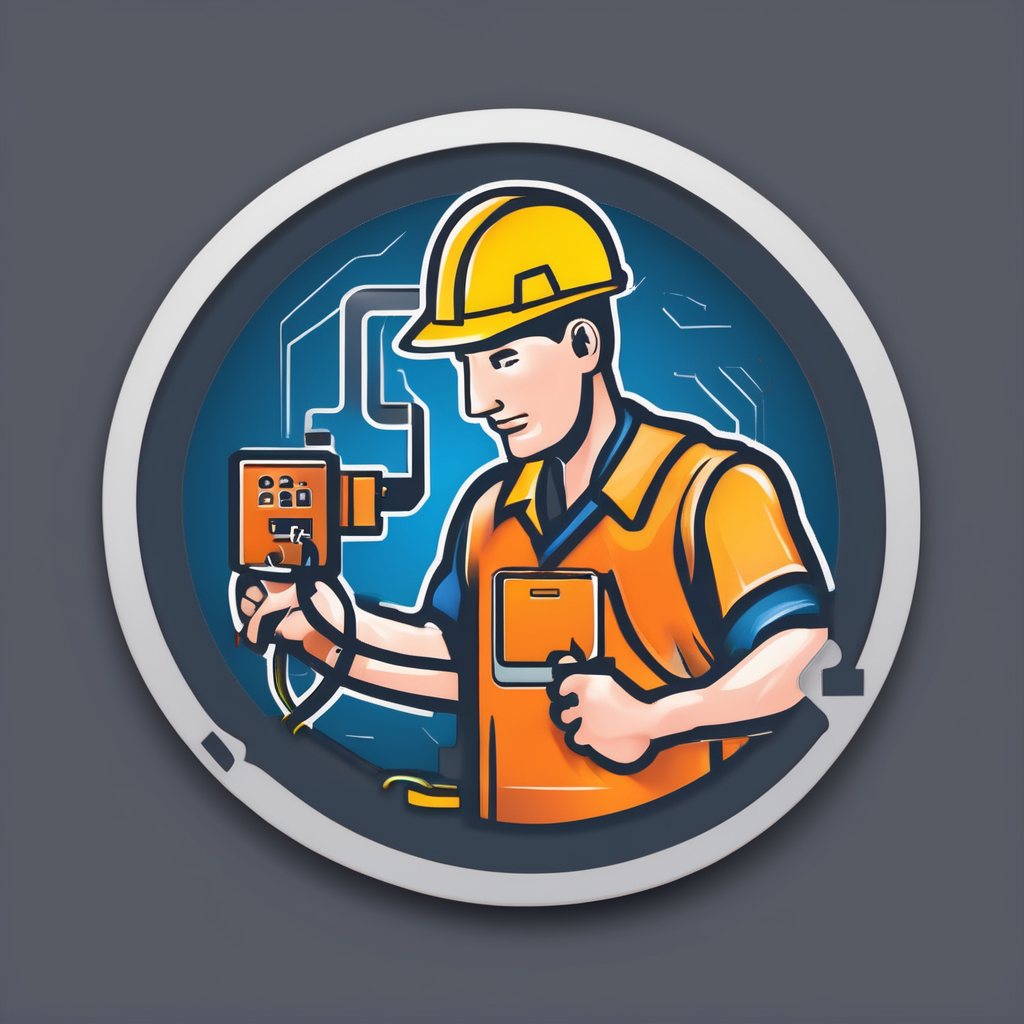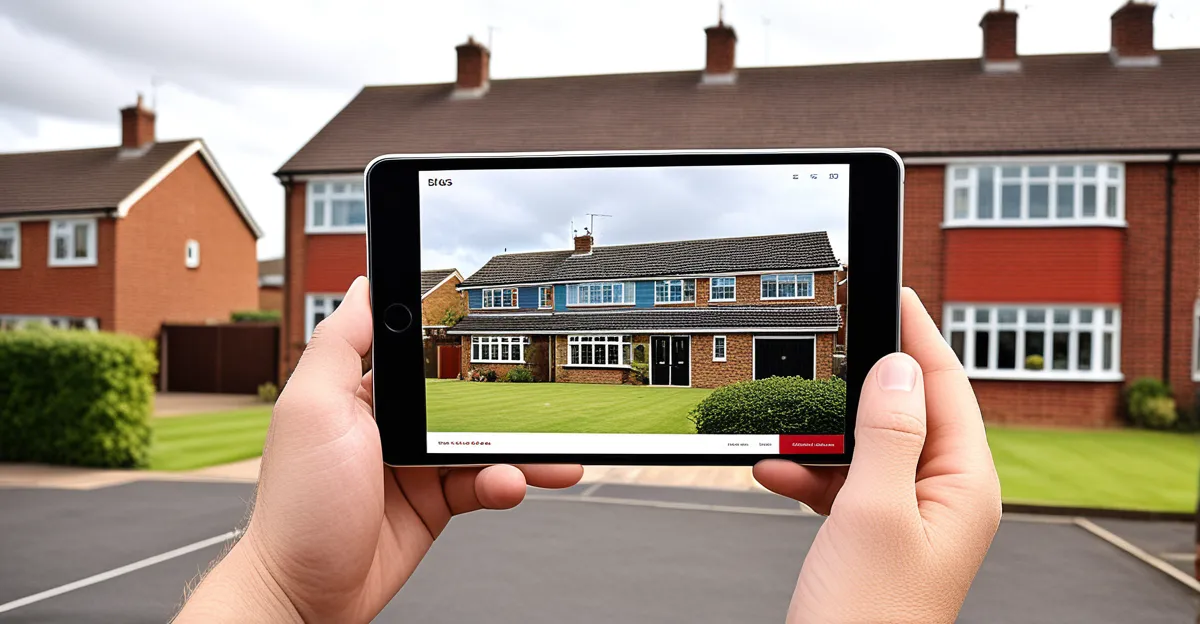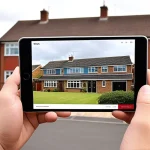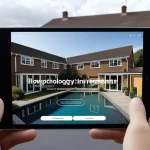What Opportunities Does Technology Offer for Investment in UK Real Estate?
In the ever-evolving landscape of the UK real estate market, technology has emerged as a game-changer, offering a plethora of opportunities for investors, estate agents, and property owners alike. This article delves into the various ways technology is transforming the real estate industry, from enhancing property management to revolutionizing the way buyers and sellers interact.
The Rise of Proptech: A New Era in Real Estate
Proptech, short for property technology, is the integration of technology into the real estate industry. This sector has seen significant growth in recent years, with new technologies and innovations continually emerging to streamline processes, improve efficiency, and provide better services.
Additional reading : How Can UK Real Estate Adapt to Economic Changes?
Big Data and Analytics
Big data and analytics play a crucial role in the real estate market. By leveraging large datasets, investors and estate agents can gain valuable insights into market trends, property values, and consumer behavior. For instance, big data can help identify areas with high growth potential, allowing investors to make informed decisions.
- Predictive analytics to forecast market trends
- Data-driven valuations for accurate property pricing
- Consumer behavior analysis to tailor marketing strategies
- Geographic information systems (GIS) for spatial analysis
- Market segmentation to target specific buyer demographics
Machine Learning and AI
Machine learning and artificial intelligence (AI) are being increasingly used in the real estate sector to automate tasks, enhance decision-making, and improve customer service. For example, AI-powered chatbots can assist potential buyers with inquiries 24/7, while machine learning algorithms can analyze vast amounts of data to predict property prices and rental yields.
This might interest you : How Can Technology Influence the Future of UK Real Estate Investments?
- AI-powered chatbots for customer support
- Automated property valuations using machine learning
- Personalized marketing campaigns based on AI-driven insights
- Predictive maintenance in smart buildings
- Automated document processing for faster estate transactions
Smart Buildings and Property Management
Smart buildings and advanced property management systems are revolutionizing the way properties are maintained and managed. These technologies not only enhance the living experience for occupants but also provide significant cost savings and efficiency gains.
Smart Devices and IoT
The Internet of Things (IoT) has enabled the integration of smart devices into buildings, making them more efficient and comfortable. Smart thermostats, lighting systems, and security cameras can be controlled remotely, reducing energy consumption and enhancing security.
- Smart thermostats for energy-efficient heating and cooling
- Automated lighting systems for energy savings
- Advanced security systems with real-time monitoring
- Smart home appliances for enhanced convenience
- Energy-efficient HVAC systems
Property Management Software
Advanced property management software helps estate companies and property owners manage their properties more effectively. These systems can handle everything from rent collection and maintenance requests to tenant communication and financial reporting.
- Automated rent collection and payment processing
- Integrated maintenance request systems
- Comprehensive financial reporting and analytics
- Tenant communication portals
- Compliance management for regulatory requirements
Enhancing the Buyer-Seller Experience
Technology is also transforming the way buyers and sellers interact in the real estate market. From virtual tours to online marketing platforms, these innovations are making the process more convenient, transparent, and efficient.
Virtual Tours and 3D Modeling
Virtual tours and 3D modeling allow potential buyers to explore properties remotely, reducing the need for physical visits and making the buying process more accessible.
- Virtual reality (VR) and augmented reality (AR) tours
- 3D modeling for detailed property visualizations
- Online property listings with interactive features
- Virtual open houses for global reach
- Personalized virtual tours based on buyer preferences
Online Marketing and Social Media
Online marketing and social media platforms have become essential tools for real estate agents and property owners. These channels help reach a wider audience, engage potential buyers, and build brand awareness.
- Social media marketing campaigns for property listings
- Email marketing for targeted lead generation
- SEO-optimized property websites for better visibility
- Online advertising on real estate portals
- Influencer partnerships for brand promotion
Practical Insights and Actionable Advice
For investors and estate professionals looking to leverage technology in the UK real estate market, here are some practical insights and actionable advice:
Embrace New Technologies
Staying ahead in the real estate industry requires embracing new technologies. Whether it’s adopting proptech solutions or integrating smart devices into properties, being open to innovation can provide a competitive edge.
“The key to success in the real estate market is to stay adaptable and open to new technologies. By embracing proptech, we can offer better services, enhance efficiency, and attract more buyers and sellers,” says Jane Smith, a leading real estate agent in the UK.
Use Data to Your Advantage
Big data and analytics can provide invaluable insights into market trends and consumer behavior. Investors should use these tools to make informed decisions and tailor their marketing strategies accordingly.
“Data is the new gold in the real estate industry. By analyzing market trends and consumer behavior, we can identify high-growth areas and target the right buyers,” explains John Doe, a real estate investor.
Invest in Smart Buildings
Smart buildings not only enhance the living experience but also offer significant cost savings and efficiency gains. Investors should consider integrating smart devices and advanced property management systems into their properties.
“Smart buildings are the future of real estate. They offer better energy efficiency, enhanced security, and a more comfortable living experience. It’s a win-win for both property owners and occupants,” says Michael Brown, a property developer.
Technology is revolutionizing the UK real estate market, offering numerous opportunities for investment, improved property management, and enhanced buyer-seller interactions. From big data and machine learning to smart buildings and online marketing, these innovations are transforming the industry in profound ways.
As the real estate market continues to evolve, it is crucial for investors, estate agents, and property owners to stay informed and adapt to these new technologies. By embracing proptech, leveraging big data, and investing in smart buildings, stakeholders can navigate the market more effectively, make better decisions, and ultimately achieve greater success.
Table: Comparison of Traditional vs. Tech-Driven Real Estate Practices
| Aspect | Traditional Practices | Tech-Driven Practices |
|---|---|---|
| Property Valuations | Manual valuations based on limited data | Automated valuations using big data and machine learning |
| Marketing | Print and local advertising | Online marketing, social media, and targeted email campaigns |
| Property Tours | Physical visits | Virtual tours and 3D modeling |
| Property Management | Manual rent collection and maintenance requests | Automated rent collection and integrated maintenance systems |
| Buyer-Seller Interaction | In-person meetings and phone calls | Online communication portals and AI-powered chatbots |
| Data Analysis | Limited data analysis | Comprehensive big data analytics and predictive insights |
| Energy Efficiency | Traditional HVAC systems | Smart thermostats and energy-efficient systems |
| Security | Basic security systems | Advanced security systems with real-time monitoring |
This table highlights the significant differences between traditional real estate practices and those driven by technology, showcasing the enhanced efficiency, accuracy, and convenience offered by tech-driven approaches.








